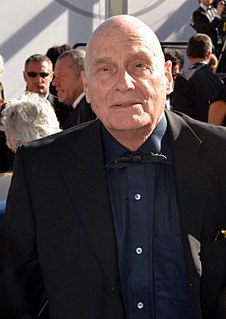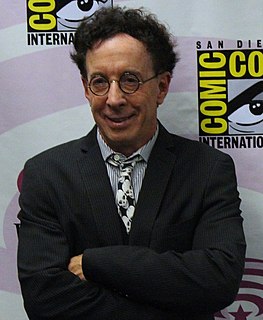A Quote by Barbet Schroeder
When you kill somebody in the movies, it matters, whereas in literature it can be allegorical.
Quote Topics
Related Quotes
Philo of Alexandria introduced in the first century what has been described as the 'Hellenizing of the Old Testament,' or the allegorical method of exegesis. By this, as Erdmann observes, the Bible narrative was found to contain a deeper, and particularly an allegorical interpretation, in addition to its literal interpretation; this was not conscious disingenuousness but a natural mode of amalgamating the Greek philosophic with the Hebraic doctrines.
Books should confuse. Literature abhors the typical. Literature flows to the particular, the mundane, the greasiness of paper, the taste of warm beer, the smell of onion or quince. Auden has a line: "Ports have names they call the sea." Just so will literature describe life familiarly, regionally, in terms life is accustomed to use -- high or low matters not. Literature cannot by this impulse betray the grandeur of its subject -- there is only one subject: What it feels like to be alive. Nothing is irrelevant. Nothing is typical.
One of the things I always underscore when I teach criticism is that young critics, or would be critics, frequently have this illusion that if they write about music they're somehow part of music, or if they write about movies they're part of movies, or of they write about theater they're part of theater, or write about literature. Writing is a part of literature, we belong the species of literature. If you add all the music reviews together that have ever been written, they don't create two notes of music.
In general, in America, every discourse in literature in 15 minutes degenerates into a conversation about ethics, morality and this and that. The Holocaust and the consequences of it. Well, I find it terribly boring, predictable and unimportant, because what matters about literature is esthetic achievement.






































